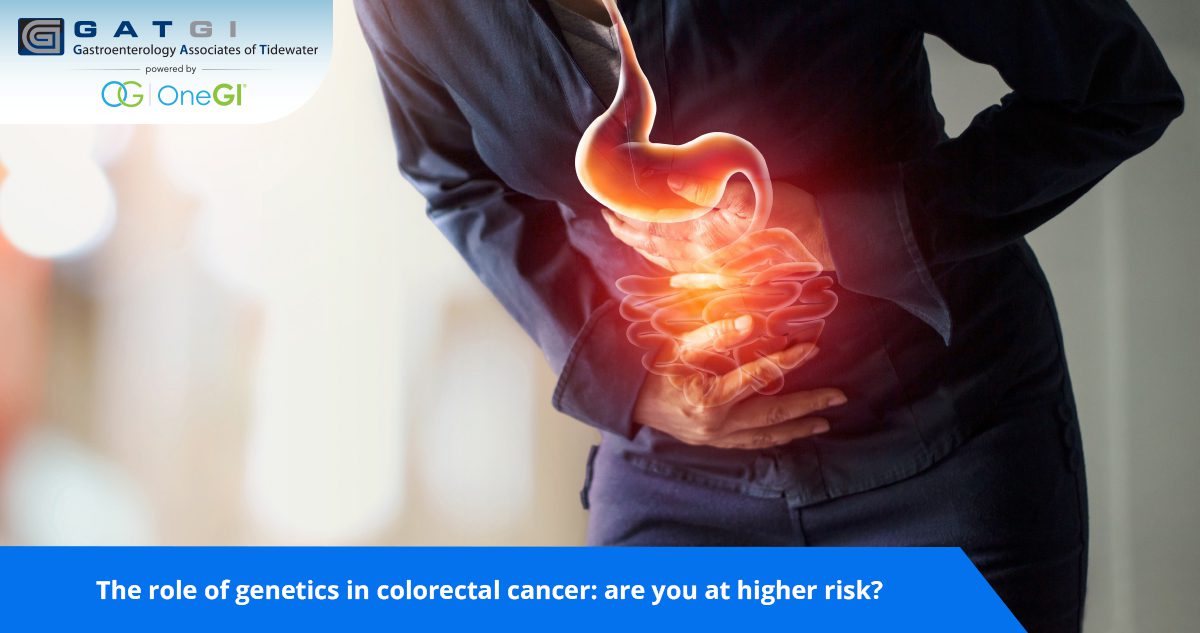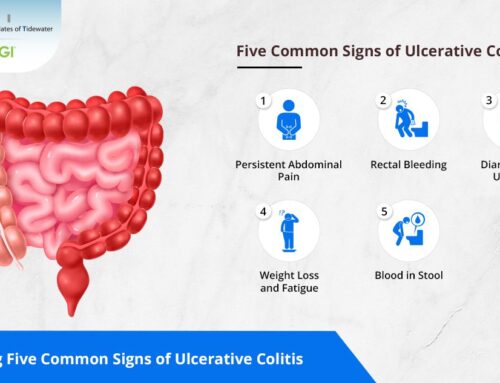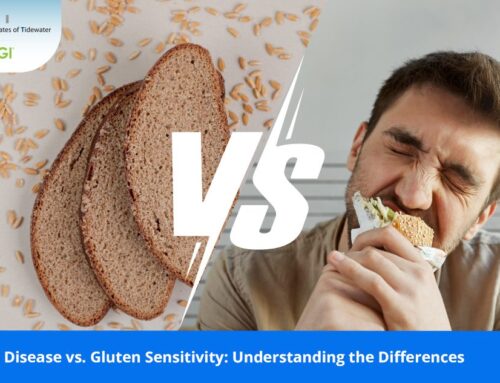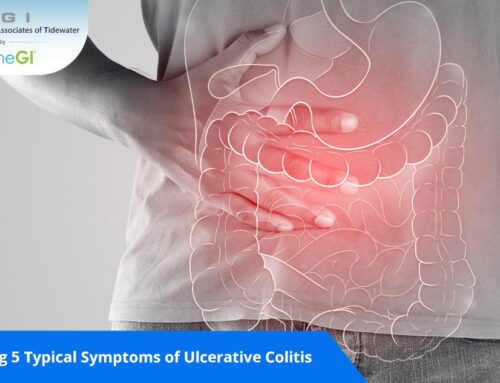Colorectal cancer poses a significant health concern in Chesapeake, as well as worldwide, impacting numerous individuals annually. Understanding the role that genetics play in colorectal cancer risk is fundamental in taking preventive measures and seeking early treatment. But what exactly does being genetically predisposed mean, and how does it impact your chances of developing colorectal cancer?
Understanding Colorectal Cancer Risk Factors
One of the risk factors for colorectal cancer is genetics. If you have a close relative, such as a parent or sibling, who has been diagnosed with colorectal cancer, your risk is significantly higher. This relationship is especially strong if your relative was diagnosed at a young age or if multiple family members have the disease.
Routine colorectal cancer screening is a powerful tool in detecting early signs of the disease, especially for those in Hampton Roads, where the disease prevalence seems high. If you are at high risk, you may need to start screening earlier and more frequently than other people. Regular screening can lead to the detection and removal of colorectal polyps before they turn into cancer, a common pathway for colorectal cancer development.
In addition to genetics, there are several other risk factors that can increase your chances of developing colorectal cancer. These include lifestyle factors such as diet, physical inactivity, and tobacco and alcohol use. A diet high in red and processed meats can increase your risk, while a high-fiber diet with plenty of fruits, vegetables, and whole grains might decrease your risk. Certain medical conditions, like inflammatory bowel disease, can also increase the risk of colorectal cancer. It’s important to note that having one or more of these risk factors does not guarantee that you will develop colorectal cancer, but it does increase the likelihood, emphasizing the importance of screening and taking preventive measures.
Identifying Symptoms Colorectal Cancer
Symptoms of colorectal cancer can include a feeling that your bowel doesn’t empty completely, persistent fatigue or weakness, unexplained weight loss and a noticeable change in the color or consistency of your stool. In some cases, individuals may also experience vomiting, shortness of breath, or jaundice—a yellowing of the skin and eyes—as the disease progresses. If any of these symptoms are experienced, it is crucial to consult with a healthcare professional immediately. However, in many cases, since the disease progresses gradually, symptoms may not show until the disease has advanced.
The Importance of Colonoscopy as a Screening Tool
A colonoscopy, administered by a board-certified gastroenterologist, is a crucial tool in colorectal cancer screening. This procedure allows the doctor to visualize the entire colon and rectum, thus ensuring a comprehensive examination. It not only aids in the detection of colorectal cancer but also identifies and removes polyps, which are precursors to cancer.
A board-certified gastroenterologist specializes in disorders of the digestive system, including the colon. Their expertise and extensive training ensure a high level of proficiency in performing colonoscopies and interpreting the results.
The colonoscopy procedure has been a cornerstone of colorectal cancer prevention for decades. It’s recommended for adults starting at age 45 or even earlier for those with a high-risk profile such as those who are genetically predisposed. By opting for this procedure, the chances of detecting colorectal cancer in its early stages are significantly increased, at a time when the disease is most treatable and curable. A colonoscopy can be a life-saving procedure, underscoring the importance of regular screenings by a board-certified gastroenterologist.
Understanding colorectal cancer risk factors, recognizing symptoms, and taking appropriate action such as committing to regular colorectal cancer screening in Chesapeake, and maintaining a healthy diet can drastically reduce your colorectal cancer risk. While genetics may predispose some people to the disease, if caught early it can be prevented and possibly cured. Be proactive about your health, and remember that early detection is the best defense against colorectal cancer. To schedule an appointment or to schedule a colonoscopy with one of the board-certified gastroenterologists at Gastroenterology Associates of Tidewater, call (757) 547-0798.






